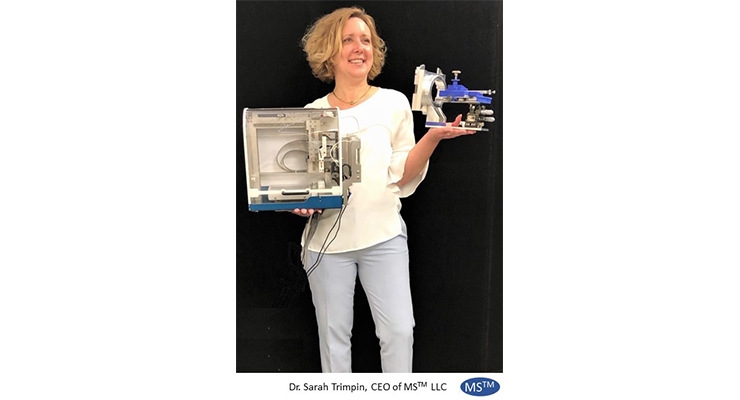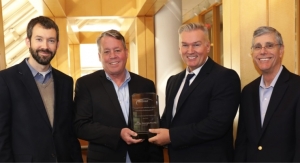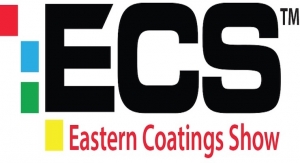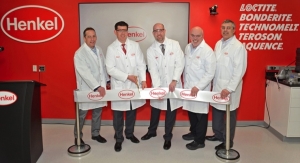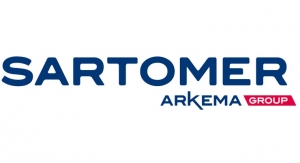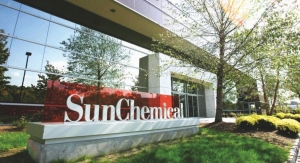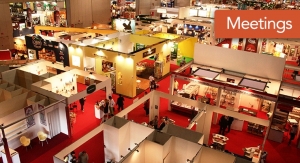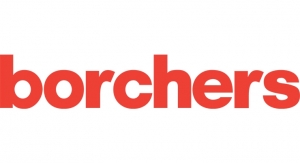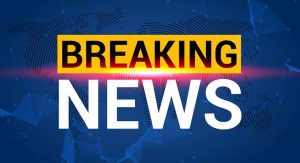09.05.19
MS™ Solutions, LLC was awarded a National Science Foundation (NSF) Small Business Innovation Research (SBIR) grant to develop and commercialize novel ionization methods for mass spectrometry.
The importance of mass spectrometry ionization technologies for advancing science was recognized by the awarding of the Nobel Prize in Chemistry to the inventors of the currently used methods.
The goal of the Phase I project is to build a prototype product for medical diagnostics and other applications having unprecedented robustness and sensitivity through the use of the newly developed ionization technology.
A successful product will cost substantially less than current methods employed in the targeted application areas.
“The new NSF grant allows the company to continue to develop innovative solutions in areas such as medical diagnostics," said Dr. Charles McEwen, MSTM president. "For example, we are developing a lower cost and a faster approach to the identification of bacterial pathogens.”
All proposals submitted to the NSF SBIR/STTR program, also known as America’s Seed Fund, undergo a merit-based review process.
“NSF is proud to support the technology of the future by thinking beyond incremental developments and funding the most creative, impactful ideas across all markets and areas of science and engineering,” said Andrea Belz, division director, Industrial Innovation and Partnerships at NSF. “With the support of our research funds, any deep technology startup or small business can guide basic science into meaningful solutions that address tremendous needs.”
The importance of mass spectrometry ionization technologies for advancing science was recognized by the awarding of the Nobel Prize in Chemistry to the inventors of the currently used methods.
The goal of the Phase I project is to build a prototype product for medical diagnostics and other applications having unprecedented robustness and sensitivity through the use of the newly developed ionization technology.
A successful product will cost substantially less than current methods employed in the targeted application areas.
“The new NSF grant allows the company to continue to develop innovative solutions in areas such as medical diagnostics," said Dr. Charles McEwen, MSTM president. "For example, we are developing a lower cost and a faster approach to the identification of bacterial pathogens.”
All proposals submitted to the NSF SBIR/STTR program, also known as America’s Seed Fund, undergo a merit-based review process.
“NSF is proud to support the technology of the future by thinking beyond incremental developments and funding the most creative, impactful ideas across all markets and areas of science and engineering,” said Andrea Belz, division director, Industrial Innovation and Partnerships at NSF. “With the support of our research funds, any deep technology startup or small business can guide basic science into meaningful solutions that address tremendous needs.”

